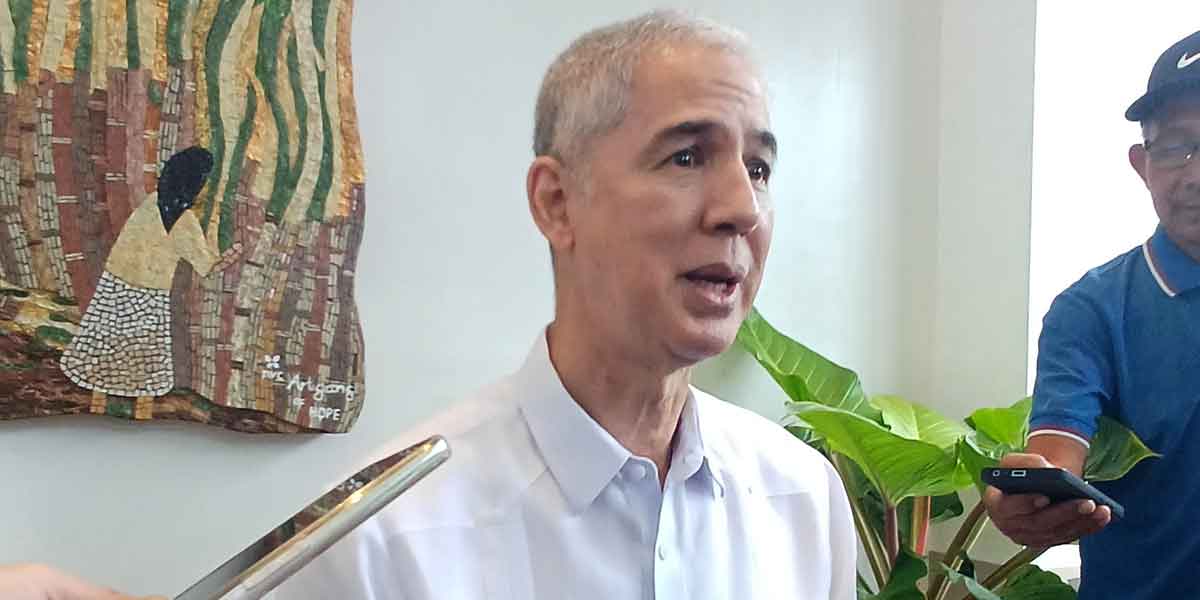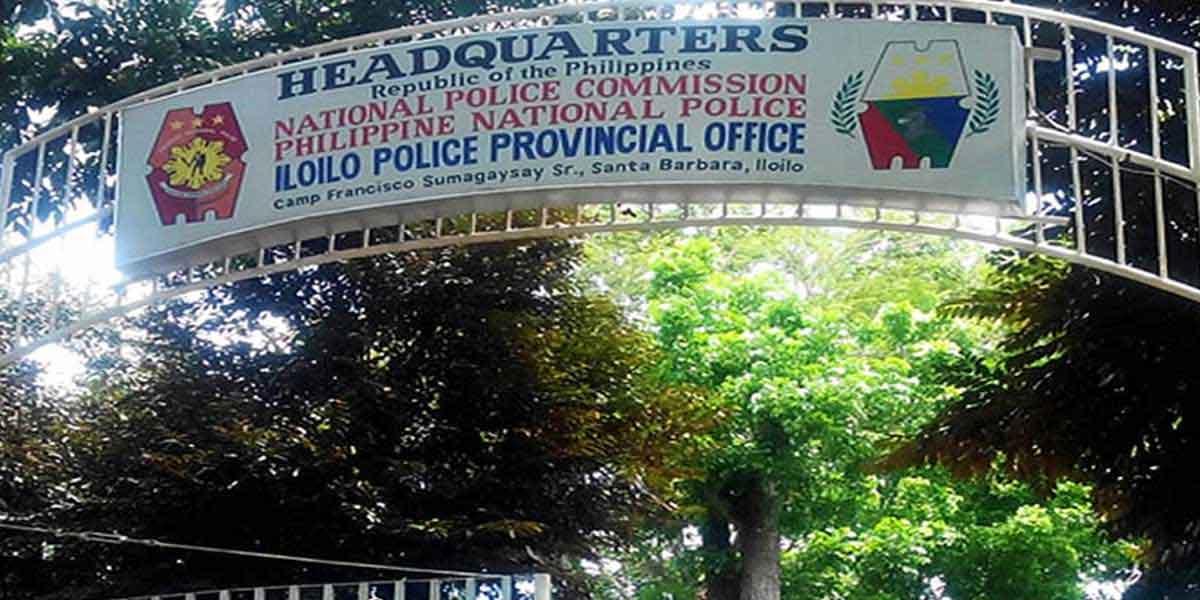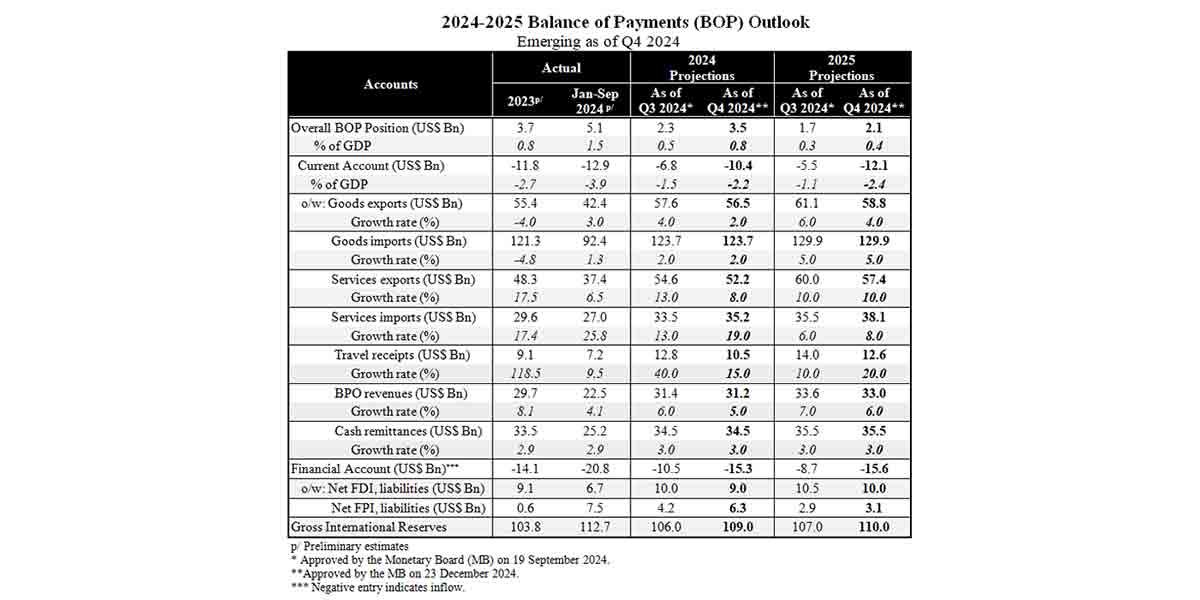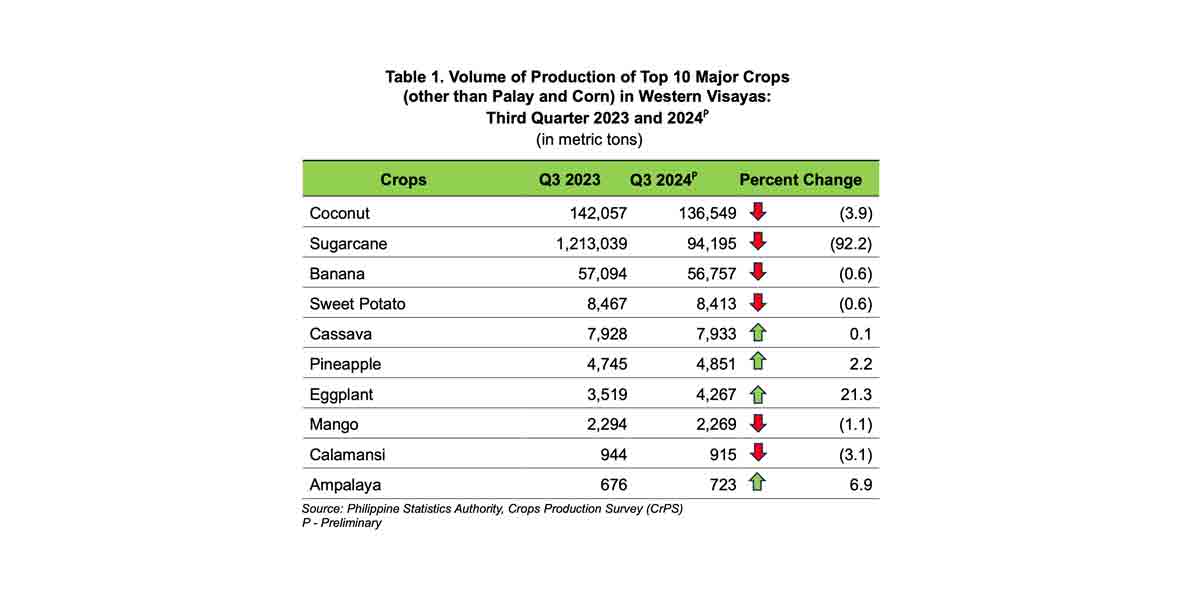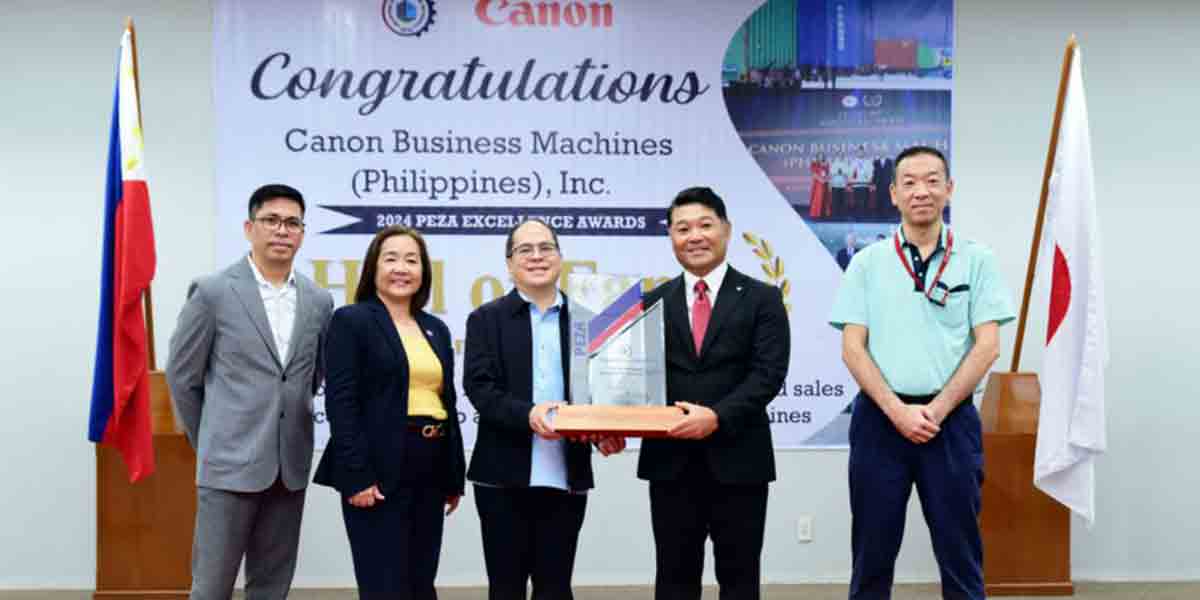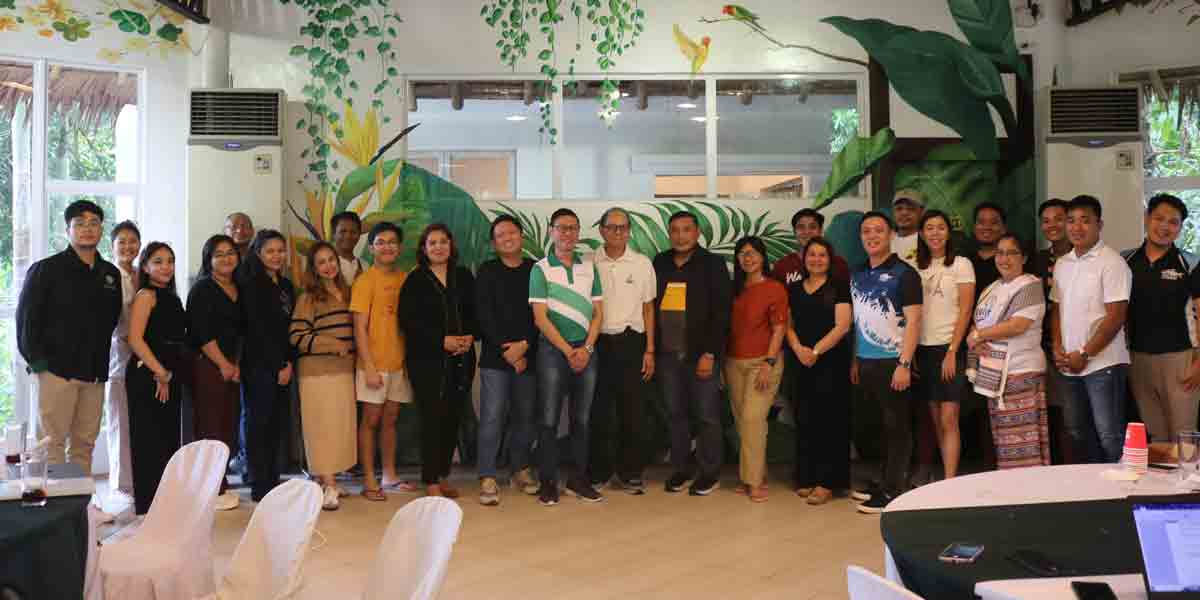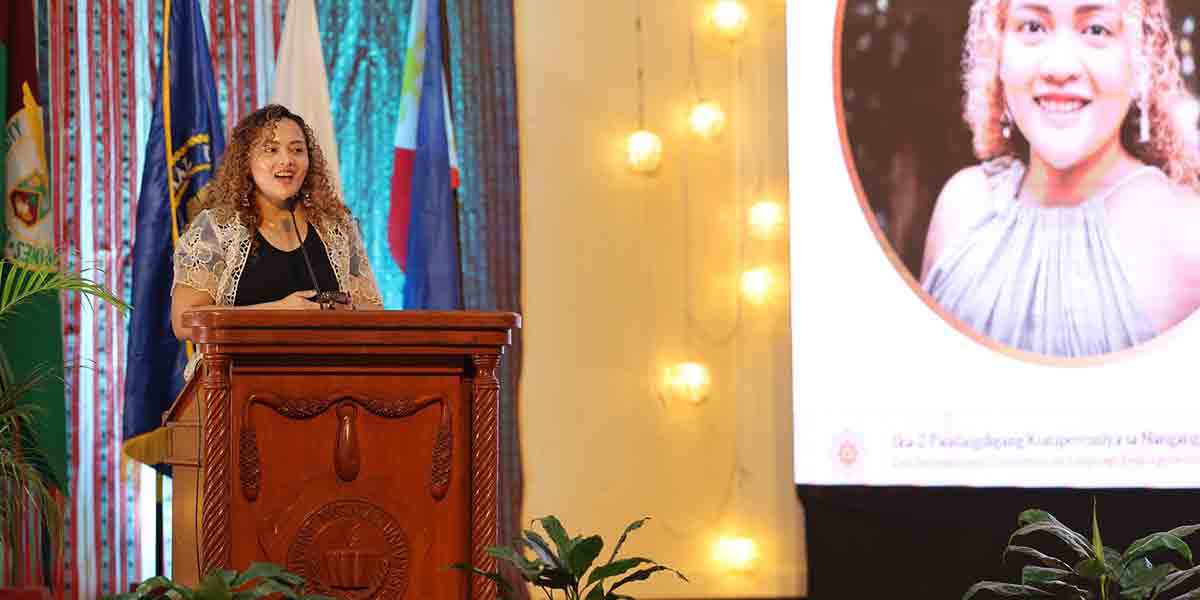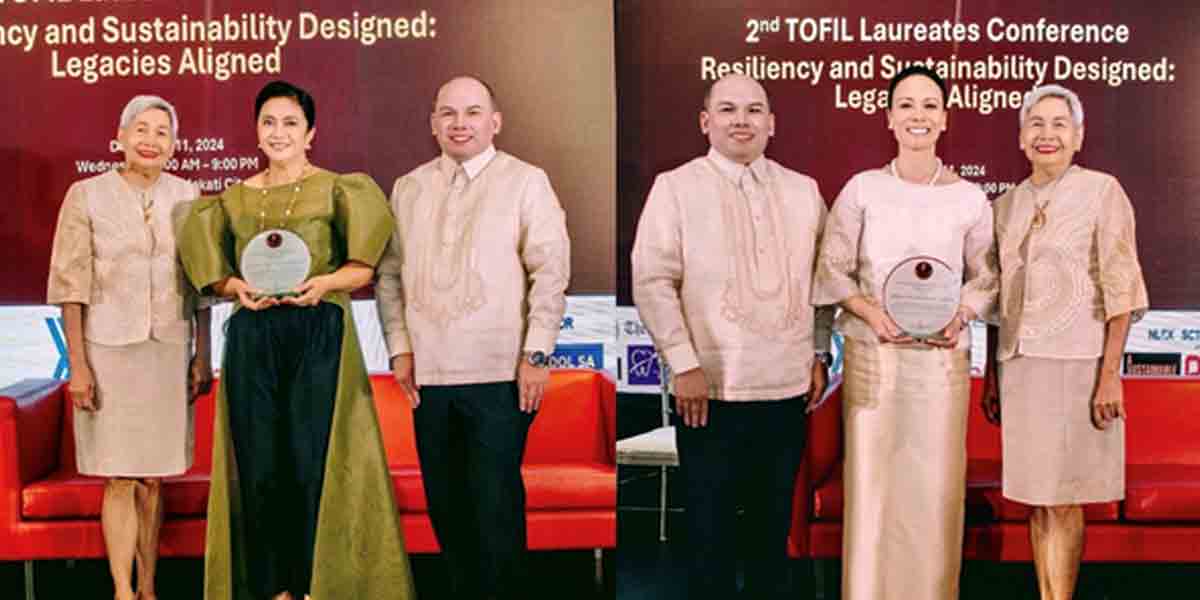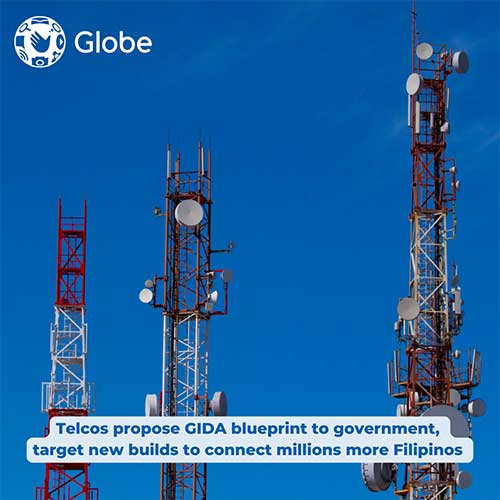
MANILA — The Philippines’ telecommunications companies (telcos) are set to extend connectivity to millions of Filipinos in remote and underserved areas, known as Geographically Isolated and Disadvantaged Areas (GIDAs), through a newly proposed infrastructure expansion plan.
The blueprint, presented to Malacañang by the Private Sector Advisory Council’s (PSAC) Connectivity Plan Task Force, led by Globe President and CEO Ernest Cu, outlines plans to build new cell towers between 2025 and 2028.
The initiative aims to address the digital divide in the country, which currently leaves 25 million residents in 7,063 barangays without reliable access to mobile and internet services.
“The telco industry is fully dedicated to leveraging our partnership within the industry and with the government to reach underserved areas where the private sector has been unable to build because of the negative cost to business,” Cu said.
Public-Private Collaboration for Connectivity
This groundbreaking proposal comes in response to President Ferdinand Marcos Jr.’s commitment, expressed in his State of the Nation Address, to enhance connectivity in remote regions.
Globe, along with other mobile network operators (MNOs), aims to optimize the use of existing cell sites and build new infrastructure to provide coverage in GIDAs.
The collaboration between the government and private sector is expected to significantly expand network reach, especially in areas where constructing towers has been financially unfeasible for businesses.
Under the plan, SIM cards with data plans, subsidized by the government, will be distributed to unconnected households from 2024 to 2028.
Each SIM will include a monthly allowance of 50GB of data, enough to cover the average internet usage of a five-member household.
This is expected to help improve access to essential services, such as education, healthcare, and government programs, while also opening up economic opportunities in remote communities.
“This will mark a milestone in our collective aspiration for a Digital Philippines,” Cu added. “Together, we will be able to create pathways to opportunities and essential services that can significantly improve lives.”
Policy Reforms to Streamline Infrastructure Development
The telco executives also emphasized the need for policy reforms to support the rollout of the plan.
Among the key legislative measures being advocated by the industry are streamlining the permitting process for constructing new cell towers and ensuring consistent power supply to these sites.
Rationalizing spectrum user fees, which telecom companies pay to access the radio frequencies necessary for mobile and internet services, is also seen as critical for efficient deployment.
Optimizing the placement of new cell towers is crucial to minimizing overlaps between providers and ensuring that each GIDA receives adequate coverage from at least one telecom operator.
The strategy is designed to avoid duplication of efforts and improve cost-efficiency in expanding the network.
The proposal comes amid the release of the Digital 2024 report by Data Reportal, which revealed that 26.4% of Filipinos remained offline at the start of this year.
The report highlighted the importance of continued efforts to enhance connectivity nationwide, as a significant portion of the population still lacks internet access despite improvements in overall coverage.
Strengthening the Country’s Digital Infrastructure
The push for expanded connectivity aligns with Marcos’ earlier pledge to eliminate barriers to infrastructure development and improve internet access across the Philippines.
The administration has committed to creating an environment conducive to faster and more widespread deployment of digital services, which has been a key element of the country’s economic recovery and development strategy.
The telcos’ proposal to connect GIDAs is not only a response to government goals but also a reflection of the industry’s broader commitment to sustainable development.
Globe, for instance, has been a signatory to the United Nations Global Compact since 2019, committing to implement sustainability principles across its operations.
The company has been working toward increasing access to digital services while promoting responsible environmental practices.
As the partnership between the government and telcos progresses, millions of Filipinos living in remote areas could soon gain access to the digital tools and services necessary for education, health, and economic growth, marking a significant step toward a more inclusive digital future for the country.
GIDAs refer to remote areas that are physically isolated and face significant disadvantages in accessing essential services. These include mountainous regions, small islands, and conflict-affected areas where infrastructure development is often limited.
Expanding connectivity to these areas is seen as critical to driving inclusive growth and improving the quality of life for residents.

